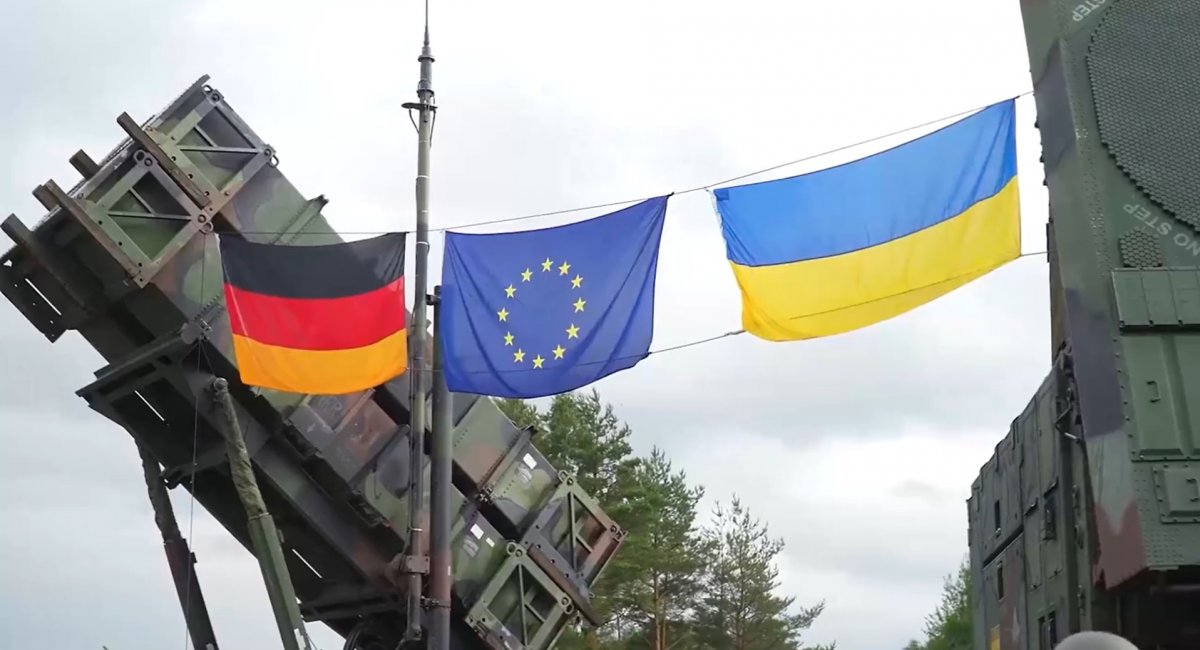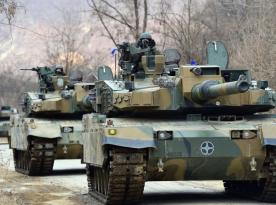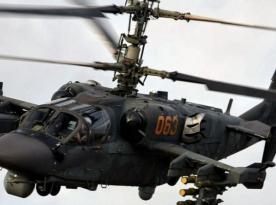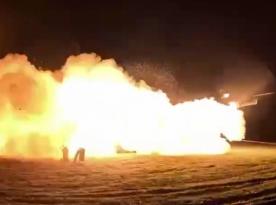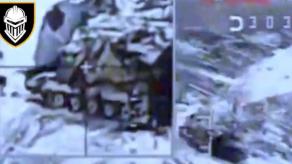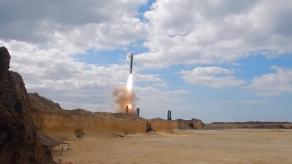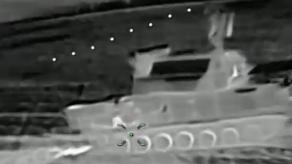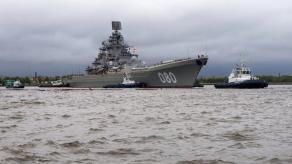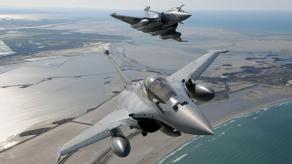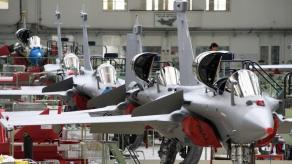Germany is facing a budget deficit, and its consequences are starting to affect the allocations of military aid to Ukraine. According the German newspaper Frankfurter Allgemeinen Sonntagszeitung (FAS), Chancellor Olaf Scholz decided to freeze any additional allocations despite the Ministry of Defense pushing for more arms purchases to send to Ukraine.
The deliveries of military equipment already contracted will proceed as planned but any additional applications from the Ministry of Defense will no longer be approved, as specified in a letter dated August 5 from Minister of Finance Christian Lindner to Defense Minister Boris Pistorius, Ukrainska Pravda reports, citing documents seen by FAS.
Read more: Bundestag MP Urges Transfer of More Leopard 2 Tanks and Fuchs Armored Vehicles to Ukraine
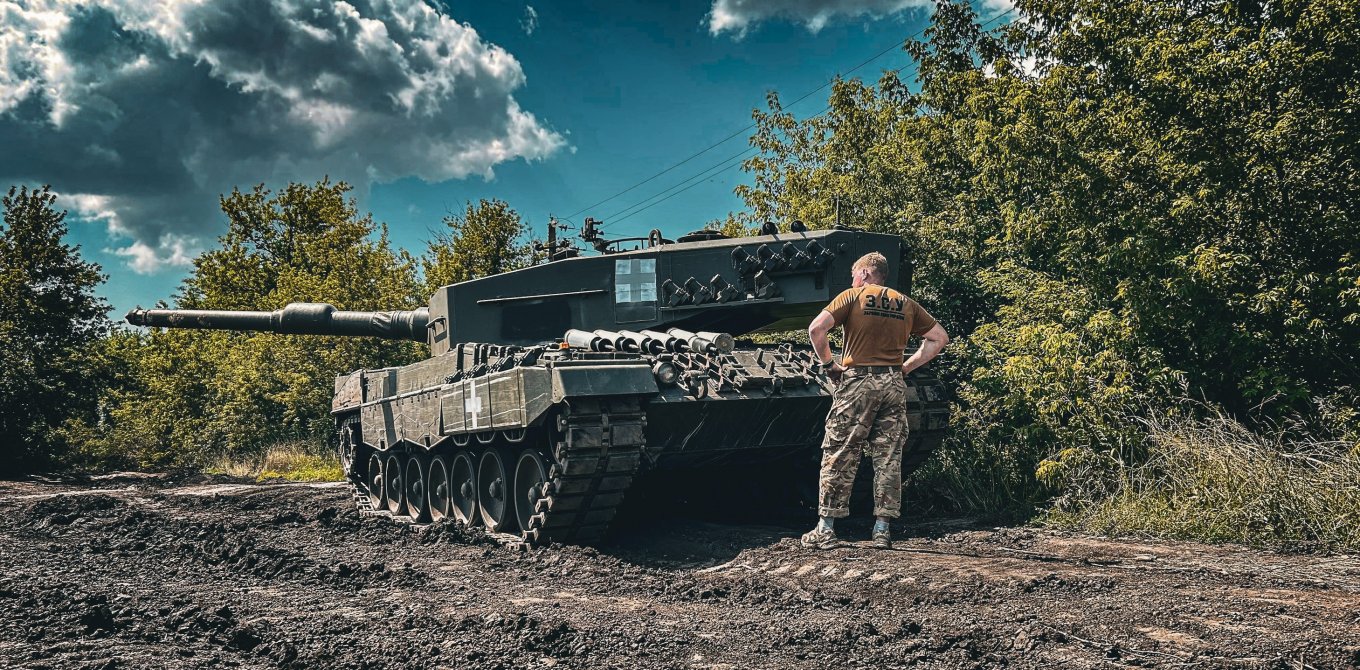
The reason for this decision is the austerity measures put in motion by the Chancellery and the Ministry of Finance. New provisions may only come when new budget plans are secured, so as not to exceed the limits of the 2024 budget. For this year, 8 billion have already been set aside for aid to Ukraine, halved down to 4 billion in 2025, and then reduced to almost a tenth of the current amount by 2027. "End of the event. The pot is empty," an insider in the Federal Government told the journalists, as quoted by Aussiedlerbote.
Instead, the Ministry of Finance is expecting that new money for further allocations will come not from the federal budget but from the windfall profits generated by frozen assets of the russian central bank. Earlier this June, the G7 summit in Italy agreed on using interest from frozen russian sovereign assets to provide a $50 billion loan for Ukraine. However, the G7 decision is far from being implemented and is legally controversial, the Ukrainian news outlet notes.
Also, Defense Express reminds, the frozen assets of russia in all of Europe can give as much as €3 billion annually, not nearly enough to cover up for the previous amount of aid supplied by Germany, which has been the leader among European states in terms of financial and defense support in Ukraine's war against russia.
Especially concerning is the nuance related to an IRIS-T system mentioned in the FAS article. Andreas Schwarz, an MP from the Social Democratic Party, stated that there's an assembled IRIS-T air defense system ready for delivery, yet it won't be sent to Ukraine as per the decision of the Chancellery.
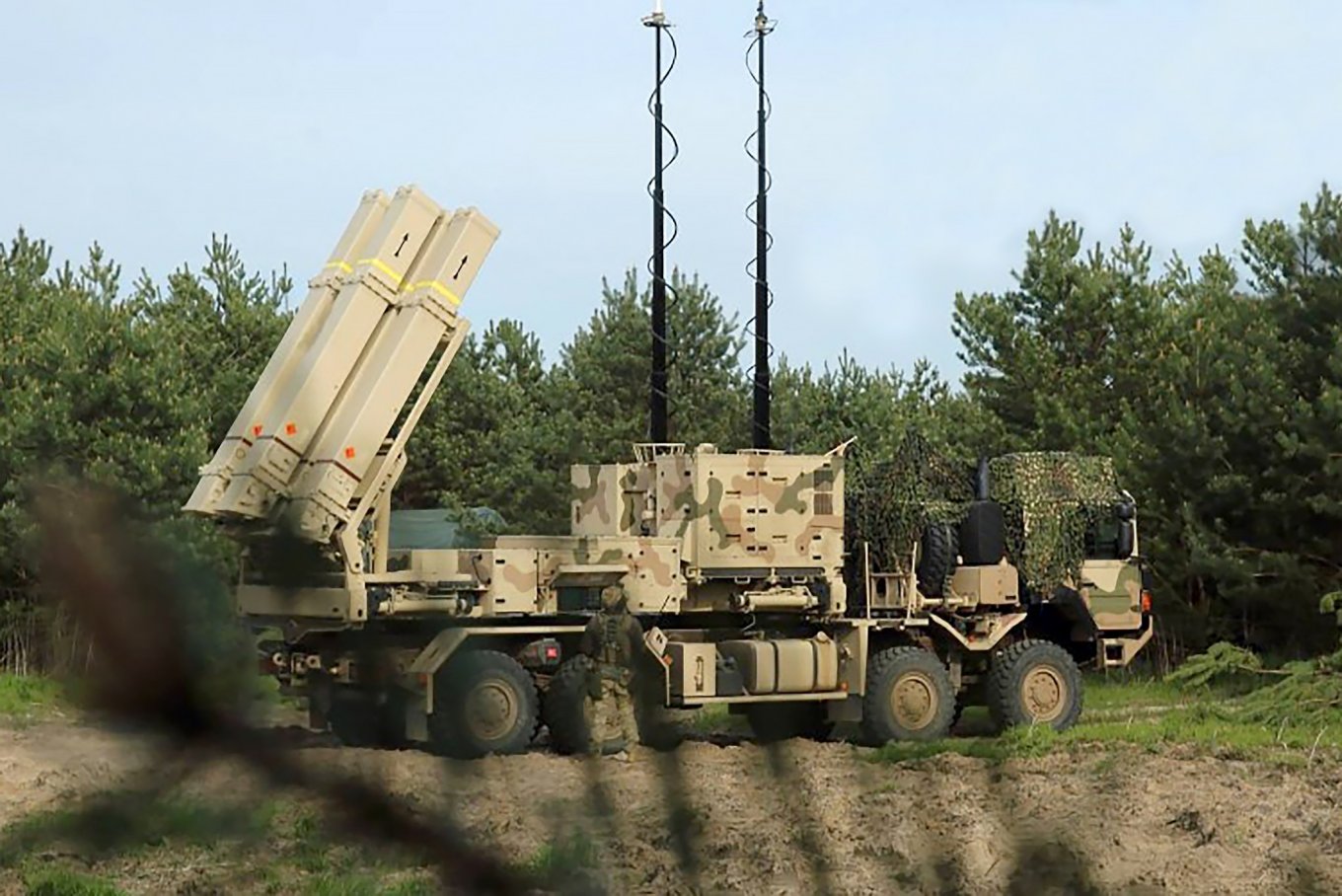
Overall, this situation mirrors the 2023–early 2024 deadlock with security assistance in the United States of America, where the government had failed to continue a steady stream of funds for weapons and equipment to Ukraine, resulting in a 2.5-month halt of any provisions. Besides leaving Ukrainian armed forces without essential supplies, it undermined the trust of American manufacturers who found themselves tripped over the starting line, unsure if they should invest in expanding production.
Similarly, Europe has been struggling to expand production over the past year. One of the manufacturers said "three decades of peace and small defense orders" led to the state of affairs where the defense industry needs heavy investment in expansion, while the companies themselves are limited in how much money they can contribute to establishing more production facilities.
Such an abrupt cut of financing on the part of the German government creates a factor of uncertainty among German manufacturers doubting if they should keep investing in ramping up the lines; and the vague prospects of securing the funding with russian windfall profits don't add much confidence.
Read more: Germany Reveals the List of Military Aid for Ukraine: IRIS-T, PzH 2000 Included




